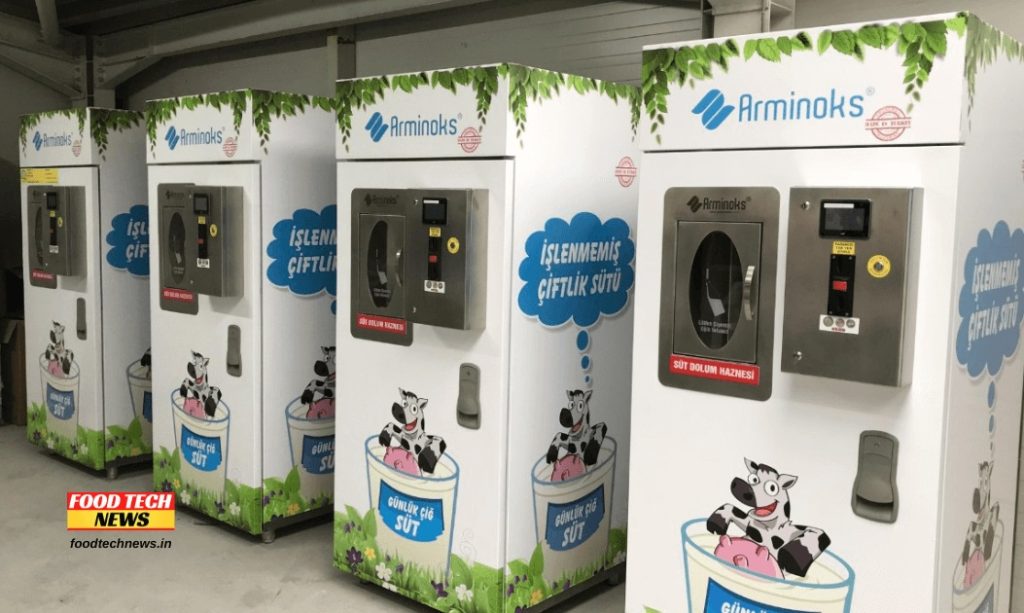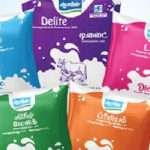
Regulatory Bodies Mandate Dairy Units Selling Milk via Vending Machines to Maintain On-Site Adulterant Detection Facilities, Enhancing Consumer Safety.
The operational landscape for dairy businesses utilizing milk vending machines is undergoing a significant regulatory shift as authorities mandate stringent on-site quality control measures. Dairy units and organizations dispensing milk through these automated systems are now required to maintain specific kits for the immediate detection of common adulterants. This new directive is a proactive step aimed at safeguarding public health and increasing consumer confidence in the purity of milk distributed through less conventional retail channels.
The regulatory push targets the critical issue of food safety compliance within the rapidly expanding automated retail segment of the dairy value chain. By enforcing the availability of adulterant detection kits directly at the point of sale (or collection), regulators can ensure that quality checks are decentralized and immediate, allowing for quick confirmation of milk integrity. This measure is crucial for maintaining the high standards expected by dairy producers and processors, who must now adapt their distribution protocols to accommodate this new quality assurance requirement.
Specifically, the mandate covers the requirement for dairy units to possess kits capable of testing for the presence of several typical adulterants. While the source text implies a general requirement, the context within dairy economics suggests these kits likely test for substances such as water, starch, urea, and detergents, which are often used to increase volume or mask poor quality. The move signals a broader trend toward accountability and enhanced traceability in the delivery of perishable goods like fresh milk.
This regulatory action also has direct implications for agribusiness technology and the maintenance of vending infrastructure. Dairy manufacturers must now ensure their vending setups not only handle transactions and chilling effectively but also integrate seamlessly with a new protocol for on-the-spot quality verification. The documentation related to kit usage and testing results must be meticulously maintained, adding a layer of bureaucratic, but necessary, transparency to the vending machine business model.
Ultimately, the imposition of mandatory testing kits is a robust commitment to securing the supply chain against fraudulent practices, reinforcing trust in the safety of the dairy product. For the international dairy trade, this measure highlights the varying, yet increasingly strict, quality regulations being adopted globally. Success in this segment now relies not just on market placement but on demonstrable, real-time quality assurance for every unit of milk dispensed via automated systems.
Source: Learn more about the dairy adulterant detection mandate in FNB News: https://www.fnbnews.com/Top-News/dairy-units-selling-milk-through-vending-machines-told-to-keep-kits-for-detecting-adulterants-85363
You can now read the most important #news on #eDairyNews #Whatsapp channels!!!
🇮🇳 eDairy News ÍNDIA: https://whatsapp.com/channel/0029VaPidCcGpLHImBQk6x1F

















